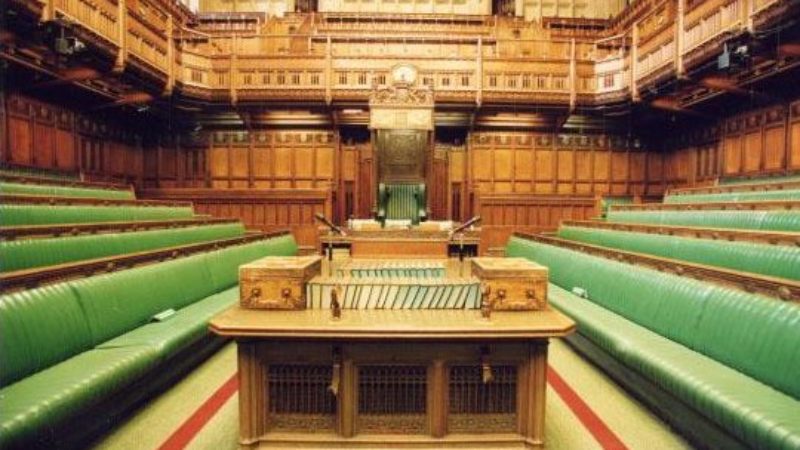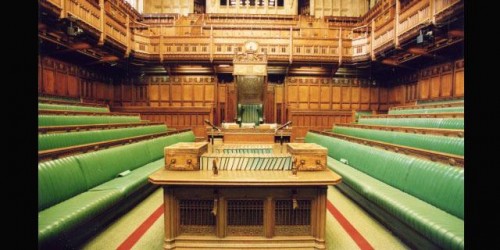
The Westminster bubble’s reaction the Scottish referendum result has been a predictably solid example of why so many people voted for independence less than a month ago. No sooner had the ballots been counted that politicians who had taken a keen interest in the campaign almost a fortnight before began to ask each other: “How can we make this about England now?”

The promise of greater devolution to Scotland has led us straight into the constitutional nightmare of who makes what laws. The road to Hell is paved with Holyrood intentions.
The Tories, of course, jumped at the chance, and have quickly proposed English Votes for English Laws (EVEL), which would prevent Scottish MPs from voting on matters that do not affect their constituents. While this may appear a simple solution, often in politics the simplest solutions are not the most desirable; sort of an inverse Occam’s Razor.
It is the, simply put, the lazy option (idleness is, after all, the root of all EVEL). While an easy answer on the face of it, EVEL would in fact throw up more constitutional problems than it solves. It would create different tiers of MP within a single chamber, with the implication that not all of those elected to the UK-wide Parliament have the best interests of the country at heart. You don’t have to just take my word for it – constitutional expert Vernon Bogdanor goes into much greater detail on the mess that would ensue.
There is also some truth in Labour’s accusation that the Tory plans are “a stitch-up”. As Bogdanor points out, the Tories never had much of a problem when unionist MPs from the devolved Northern Ireland helped them to majorities in the ‘50s and ‘60s.
However, Labour’s refusal to even take part in the cross-party talks on English votes is itself a mistake; their “see no EVEL, hear no EVEL, speak no EVEL” position is unsustainable. Miliband’s proposal of a “National Constitutional Convention” next Autumn would see this issue kicked into the long grass until well after the next election, and in many ways this is the best idea so far. While it may be dull, wide consultation (both from the public and constitutional experts) will be key to getting the right balance.
But by boycotting the EVEL talks now, Labour runs a bigger risk. The Lib Dems are certainly more open to the idea of English Votes than we are, and Tory MP John Redwood (who “speaks for England”, apparently) is already threatening to bring forward a bill on the matter to the Commons by the end of November.
We then face a good chance it would pass. Although simple solutions may not be the best solutions, they are the most difficult to oppose in the short term, and many Tories and Lib Dems would likely go along with it. This would leave Labour in the difficult position of opposing something without being able to build up a substantive argument against it. Complaining about gerrymandering will simply not cut it with the public. Had we taken part in these talks, we could have deferred consensus until after the election, when we could begin a real programme of debate.
If we get that far, the minefield we will have to negotiate is scarcely easier. We must then avoid simply devolving power to regions. This is an easy way out: EVEL for the left. It would be learning the wrong lessons from the Scottish referendum and the rise of UKIP. The problem people have with Westminster politics is not that it takes place in Westminster. Location is not the issue; people’s faith in the system will not be restored by giving greater powers to local government or new politicians. It only takes a cursory glance at the many failed mayoral referendums, the North East regional assembly vote, or the Police and Crime Commissioners fiasco to see why we should not assume all devolution is good devolution.
None of these proposals are the answer to people’s dissatisfaction with how politics works. There is no quick fix, no one-size-fits-all constitutional measure we can implement. We should make sure our hands aren’t tied before real discussions can begin.




More from LabourList
Government abandons plans to delay 30 local elections in England
‘The cost of living crisis is still Britain’s defining political challenge’
‘Nurses are finally getting the recognition they deserve’